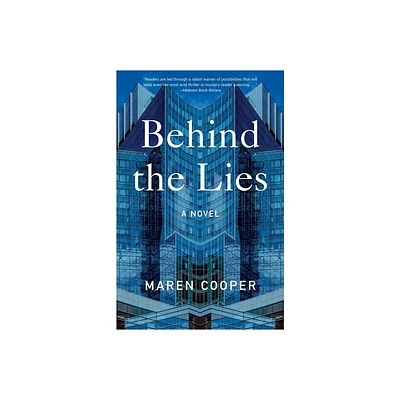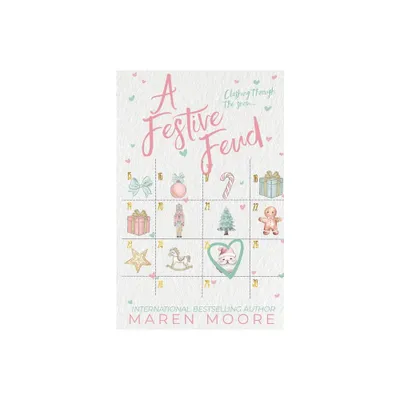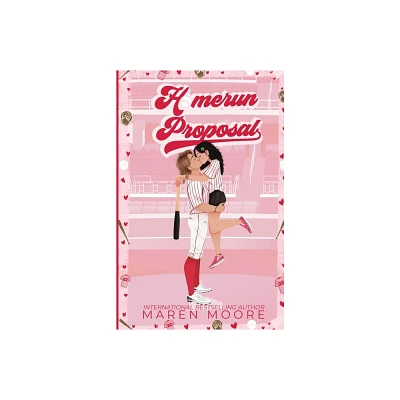Home
Maren, The Fisherman's Daughter
Loading Inventory...
Barnes and Noble
Maren, The Fisherman's Daughter
Current price: $26.95


Barnes and Noble
Maren, The Fisherman's Daughter
Current price: $26.95
Loading Inventory...
Size: Paperback
*Product Information may vary - to confirm product availability, pricing, and additional information please contact Barnes and Noble
Herr Agner Estridsen is a prosperous wheat farmer whose good fortune is endowed from a lineage of kings and queens of Denmark. In a hamlet near the sea at a far distance from Herr Estridsen, the widow Hanna Iversen approaches a memorial for her son and husband who had died in a storm at sea. She speaks to the stately marker to feel close to them and feel their spirit. Loss of income has rendered the family destitute. Indenturing her daughters, Maren and Betina, to Herr Estridsen is the only hope for the family's survival.
While in servitude, the girls suffer the consequences of the choices made by the people who surround them in their everyday lives. Emil, Maren and Betina's brother, embodies responsibility. Sallie, their friend, mentorship; Clara, a steward, abandonment; Agner, the landlord, power; Randolf, the overseer, accountability; Tessa, the infant, dependence; Vike, the bully, contention; Kirk, the redeemed, education; Alia, snobbery; and Stone Face, a boulder on Agner's property, imagination. They all must contend with the paradoxes that define their fate and fortune. Emil loves the sea, and he hates the sea; Kirk loves Copenhagen, and he scorns Copenhagen. Sallie accepts the life forced upon her yet pines for the life she wishes for. Maren must conquer the anger she has for Vike to feel happy again, but a misunderstanding must be resolved. Betina's walking stick, which appears to have a snake wrapped around it, becomes symbolic of mortality's harsh journey.
Who would have guessed that Maren and Betina's shoes would cause such turmoil? Surprising friendships are made at the farm. Who might fall in love?
While in servitude, the girls suffer the consequences of the choices made by the people who surround them in their everyday lives. Emil, Maren and Betina's brother, embodies responsibility. Sallie, their friend, mentorship; Clara, a steward, abandonment; Agner, the landlord, power; Randolf, the overseer, accountability; Tessa, the infant, dependence; Vike, the bully, contention; Kirk, the redeemed, education; Alia, snobbery; and Stone Face, a boulder on Agner's property, imagination. They all must contend with the paradoxes that define their fate and fortune. Emil loves the sea, and he hates the sea; Kirk loves Copenhagen, and he scorns Copenhagen. Sallie accepts the life forced upon her yet pines for the life she wishes for. Maren must conquer the anger she has for Vike to feel happy again, but a misunderstanding must be resolved. Betina's walking stick, which appears to have a snake wrapped around it, becomes symbolic of mortality's harsh journey.
Who would have guessed that Maren and Betina's shoes would cause such turmoil? Surprising friendships are made at the farm. Who might fall in love?

















